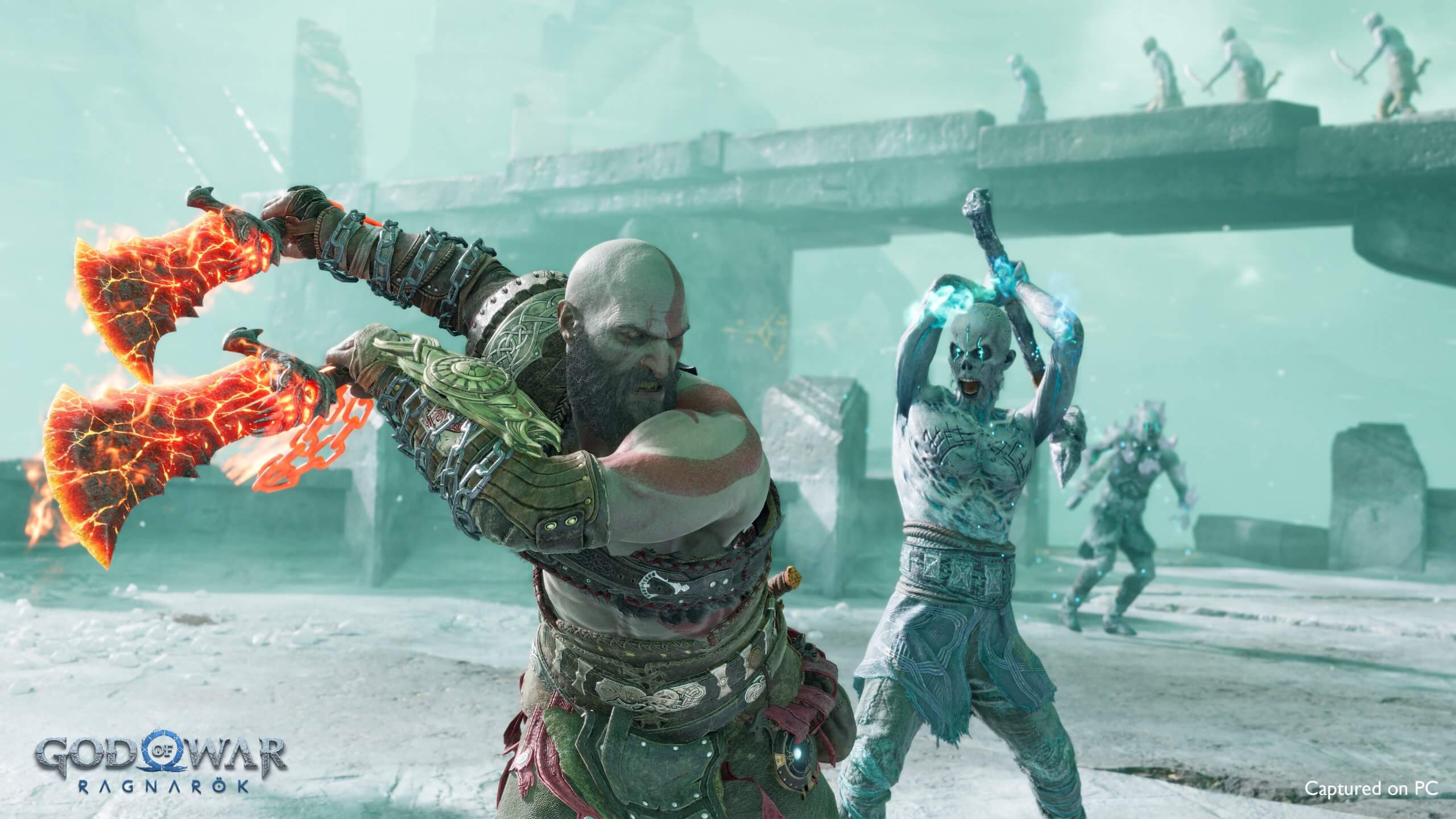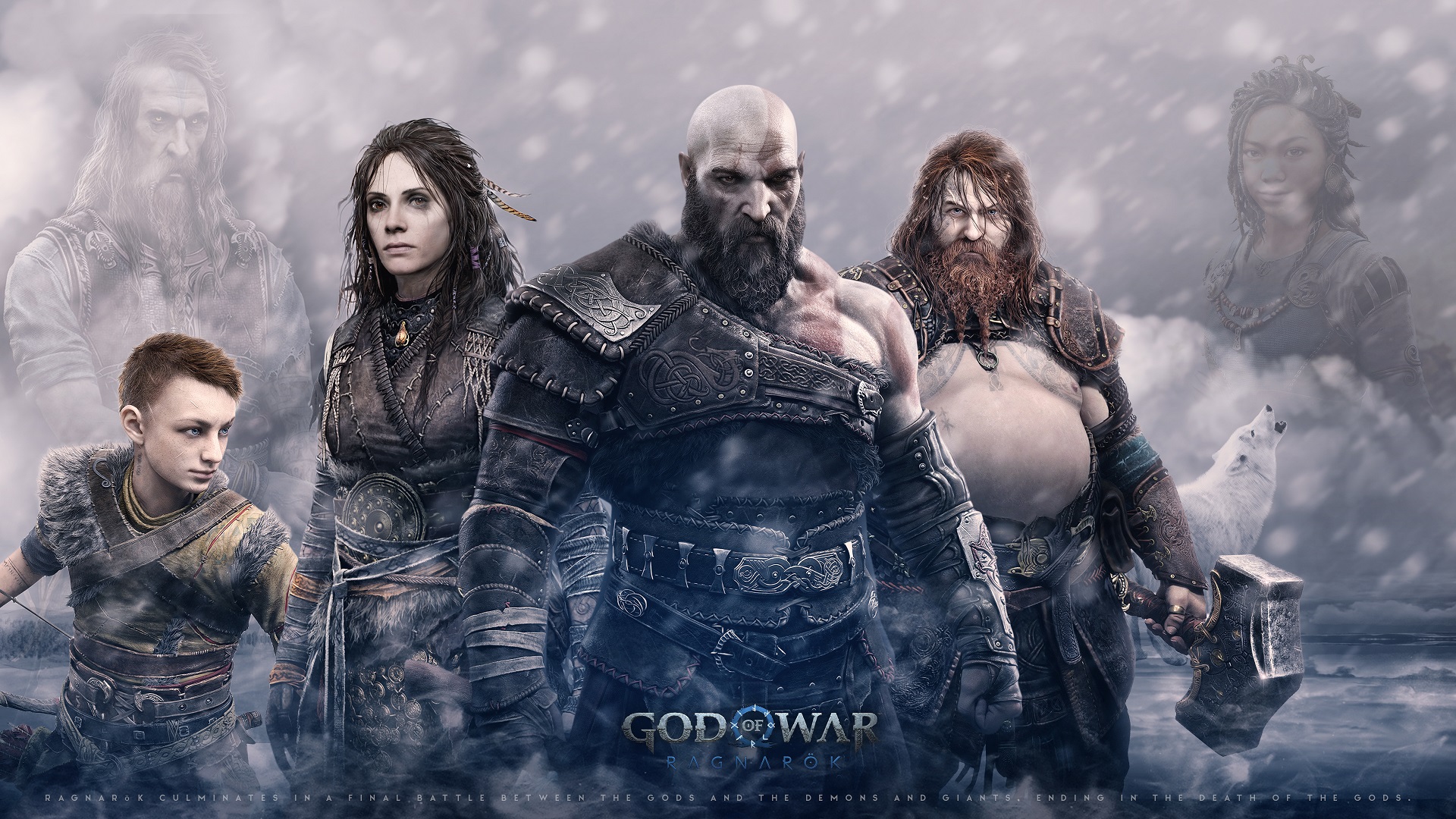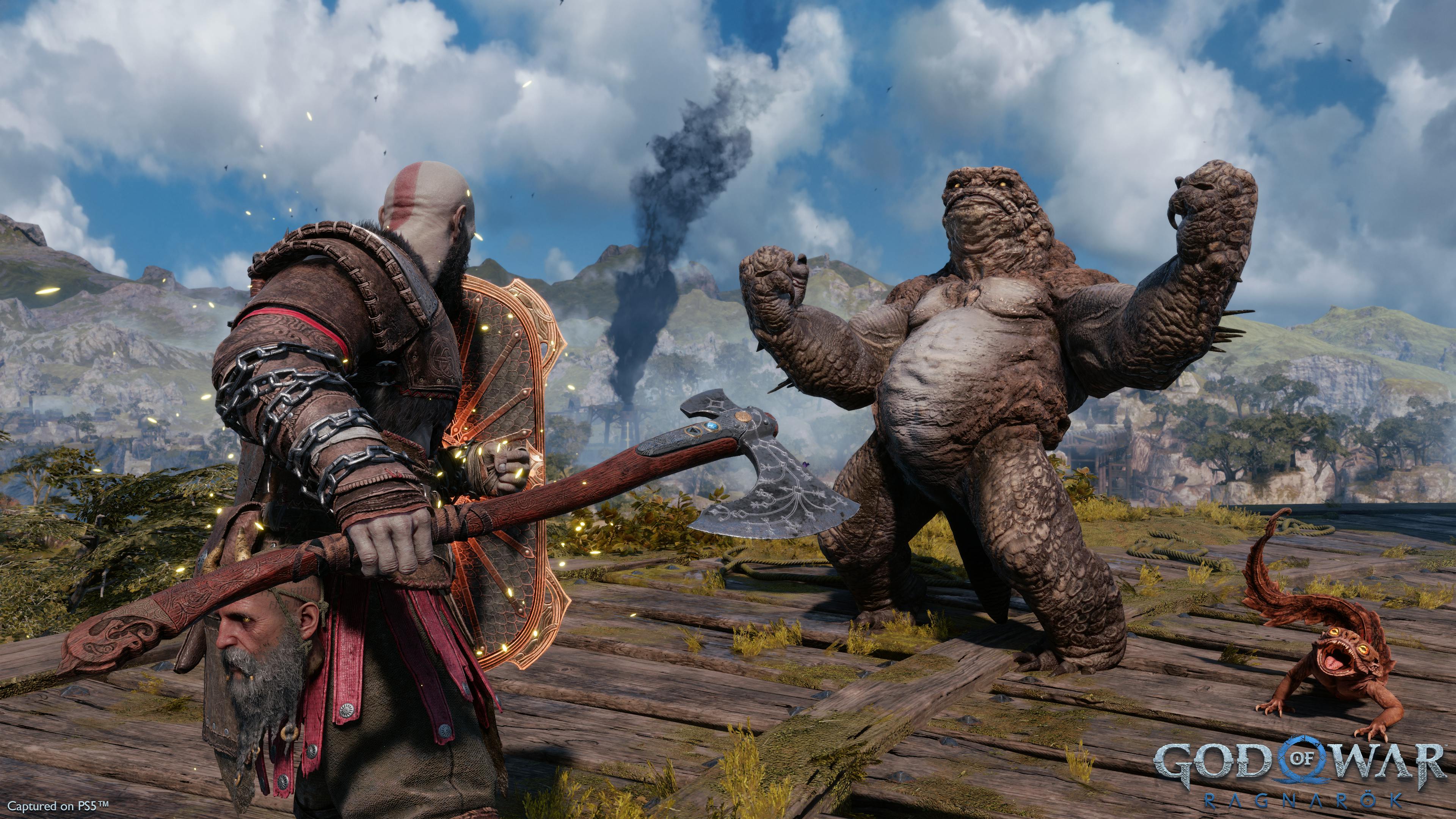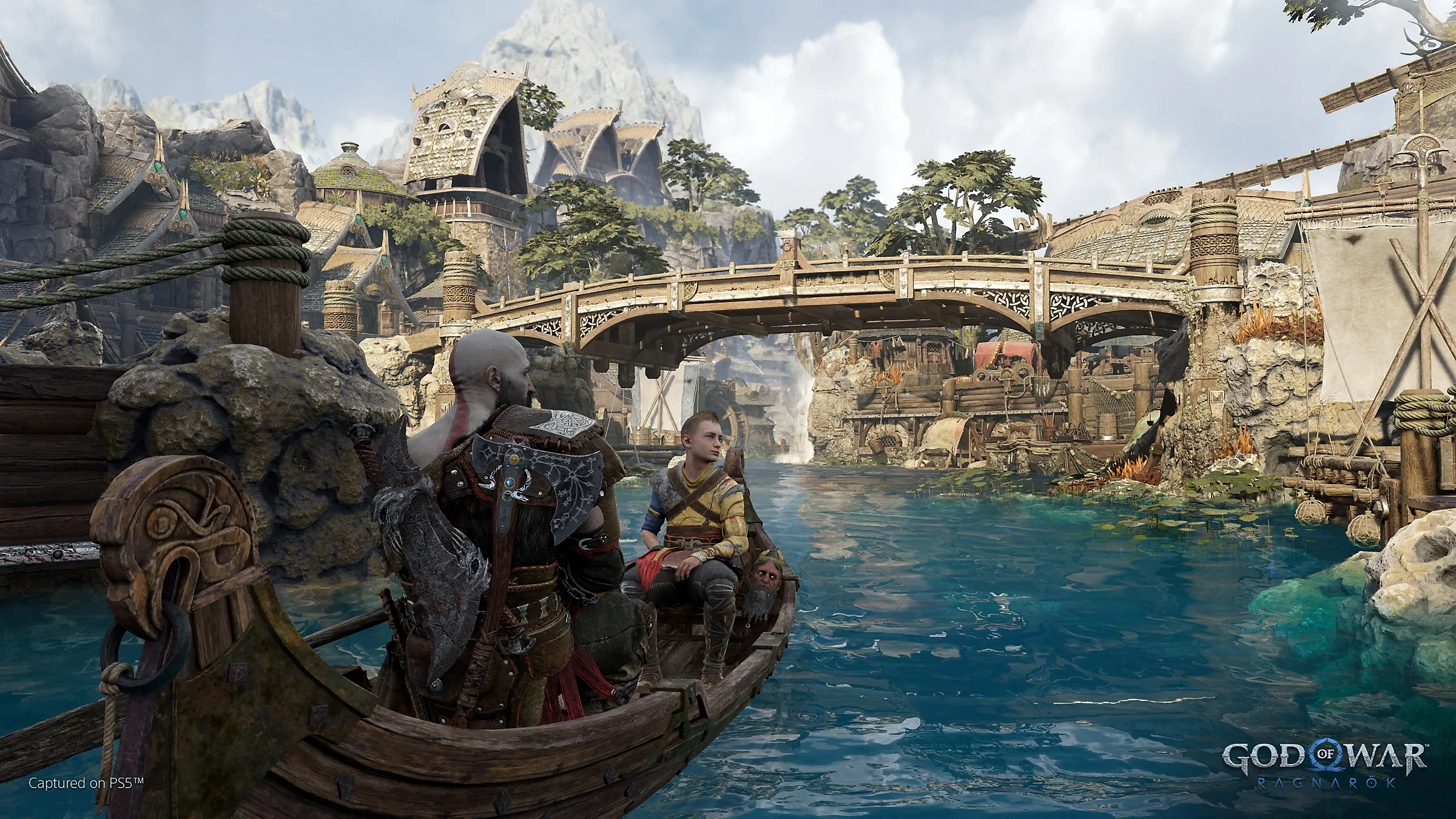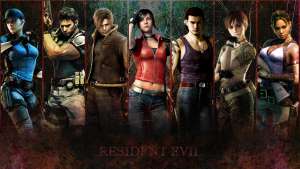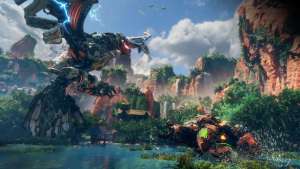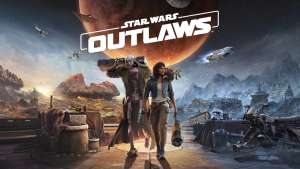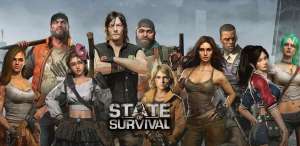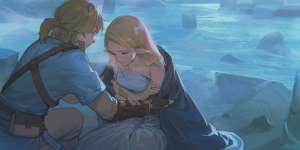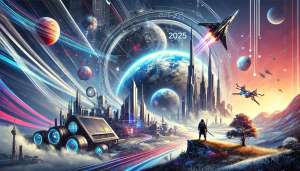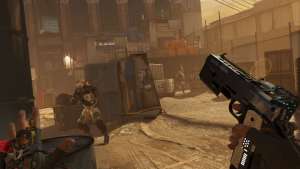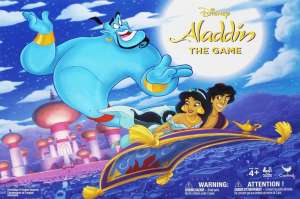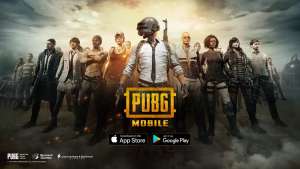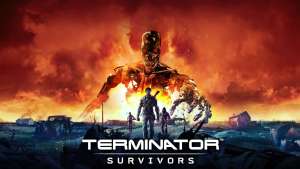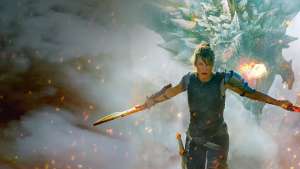God of War Ragnarök, the much-anticipated sequel to the 2018 God of War, is not just a continuation of a saga—it’s the culmination of a series that redefined both its protagonist and the genre itself. With towering stakes, intricate lore, and breathtaking visuals, Ragnarök encapsulates the essence of the God of War franchise, while pushing it into new territory. From the emotional complexities of Kratos and Atreus’ relationship to the thunderous battles with gods and titans, God of War Ragnarök is a monumental game that will resonate for years to come.
The Story: The Final Days of the Gods
God of War Ragnarök picks up a few years after the events of its predecessor. The game begins with a heavy atmosphere of foreboding, as the world braces for the inevitable event—Ragnarök, the end of days, prophesied to bring destruction and rebirth to the Nine Realms. But instead of focusing on just the cataclysmic event, the narrative draws players into the personal journey of Kratos and his son, Atreus (now revealing his true name, Loki), who are at the heart of this world-ending prophecy.
The relationship between father and son has been evolving since the first God of War in 2018, and Ragnarök deepens that bond. Kratos, still haunted by the ghosts of his past, is now tasked with raising Atreus, who is learning more about his identity as the son of a god and his connection to the Norse mythos. Kratos’ internal struggle—trying to shield Atreus from the same destructive fate that befell him—forms the emotional core of the game.
Atreus is no longer the helpless child from the first game, and his growth as both a fighter and a character is evident throughout the story. He’s not just a sidekick anymore—he’s a force in his own right. Their journey takes them across the Nine Realms, as they face numerous gods, titans, and mythological creatures, all while trying to change the course of fate itself.
The prophecy predicts Kratos’ death at the hands of Odin, and Atreus’ role in the destruction of the gods, creating a tension between father and son. Kratos wants to defy fate and ensure a better future for Atreus, but Atreus, increasingly aware of his powers and his connection to Loki, wants to understand his destiny. The philosophical conflict between fate and free will is one of the most profound themes in Ragnarök, and it’s what elevates the game beyond simple action-adventure fare.

As Kratos and Atreus journey through realms like Svartalfheim, Alfheim, and Vanaheim, they encounter several familiar faces, including Freya, who’s still reeling from the death of her son Baldur. Thor, Odin, and the rest of the Aesir gods also make their return, each one carrying their own burdens and motivations. Thor, in particular, is portrayed as a complex character—not just the drunken, thunderous brute from previous depictions, but a man struggling with his legacy and fatherhood.
In addition to these personal stakes, the narrative also explores the larger conflict between the realms and the looming apocalyptic event of Ragnarök. As Kratos and Atreus work to prepare for this, they find themselves in the middle of a war between the gods and the giants. This overarching conflict provides a sense of urgency to the story, but it’s the small, intimate moments between characters that give Ragnarök its heart.
Without giving too much away, Ragnarök culminates in a powerful conclusion that brings closure to many of the character arcs, including Kratos’ own. The ending is emotionally charged, offering a reflection on sacrifice, legacy, and the possibility of redemption. The question of what comes after Ragnarök—both for the world and for Kratos and Atreus—is left open-ended, offering the potential for future adventures.
Gameplay: Evolving Combat and Exploration
The core gameplay in God of War Ragnarök builds upon the mechanics established in 2018, refining and expanding them for a more immersive experience. At its heart, Ragnarök remains a third-person action-adventure game, blending intense combat, exploration, and puzzle-solving. However, the game introduces new systems and abilities that make the gameplay feel fresh and dynamic.
Combat remains as fluid and satisfying as ever. Kratos is equipped with his iconic Leviathan Axe, Blades of Chaos, and new weapons like the Draupnir Spear. Each weapon has its own distinct fighting style, and the ability to switch between them mid-combat offers players a greater degree of flexibility and strategy. The combat feels more varied and dynamic, with new moves and combos to master. The introduction of elemental effects on weapons adds another layer of depth, allowing Kratos to exploit enemy weaknesses in creative ways.

Atreus’ role in combat is also expanded. No longer a passive support character, Atreus is now a more active participant, using his bow, magic, and growing knowledge of the realms to aid Kratos in battle. Players can control Atreus during certain segments, offering a change of pace and a deeper connection to the character.
The game’s exploration is just as expansive and detailed as its predecessor. Each of the Nine Realms is packed with secrets, side quests, and hidden treasures, encouraging players to take their time and explore every corner of the world. The environments are stunning, with breathtaking vistas, intricate ruins, and diverse landscapes that range from frozen tundras to lush forests. Each realm has its own unique look and feel, making exploration a rewarding experience in itself.
Puzzle-solving, while not overly complicated, is a constant presence throughout Ragnarök, helping to break up the action and encourage players to think creatively. The puzzles are seamlessly integrated into the world, and they often require the use of Kratos’ abilities in conjunction with Atreus’ powers. It’s a satisfying balance that keeps the pace of the game moving without feeling tedious.
The game’s pacing is near perfect, with the right balance of story-driven moments, intense combat sequences, and quiet, contemplative exploration. The journey never feels monotonous, and each new challenge feels earned. Ragnarök introduces multiple difficulty settings, ensuring that both casual players and veterans of the series can enjoy the game at their own pace.
Visuals and Sound Design: An Unparalleled Immersion
The visuals in God of War Ragnarök are nothing short of spectacular. From the moment you boot up the game, it’s clear that the developers at Santa Monica Studio have poured their hearts into creating a world that feels alive. The game takes full advantage of the PlayStation 5’s hardware, offering stunningly detailed environments, realistic lighting, and fluid animations. The character models are highly detailed, with Kratos’ grizzled appearance and Atreus’ growth being especially noticeable.
The design of each realm is a visual masterpiece in itself. The icy caverns of Jotunheim, the fiery depths of Muspelheim, and the ethereal beauty of Alfheim are all meticulously crafted, showcasing a level of detail that’s hard to match. The use of lighting, shadows, and environmental effects helps create an atmosphere that feels both grand and intimate.
The game’s audio design is equally impressive. The soundtrack, composed by Bear McCreary, is a perfect complement to the action on screen. The music swells during epic battles and quietens during emotional moments, adding to the emotional weight of the story. The sound effects are top-notch, from the crackling of thunder during a fight with Thor to the clash of weapons in battle.
Voice acting is another standout. Christopher Judge returns as Kratos, delivering an even more nuanced and emotional performance than before. Sunny Suljic’s portrayal of Atreus also continues to impress, capturing the character’s growth and inner conflict. The supporting cast, including Richard Schiff as Odin and Travis Willingham as Thor, bring their characters to life with conviction and depth.
Critical Reception and Legacy
Upon its release, God of War Ragnarök received widespread acclaim from both critics and players alike. Many praised the game for its narrative depth, character development, and refined combat system. The emotional weight of the story, particularly the father-son dynamic between Kratos and Atreus, resonated deeply with audiences, making it one of the most emotionally impactful games of the generation.
Comparisons to its predecessor were inevitable, but Ragnarök largely surpassed expectations. While some fans felt that the game could have pushed the envelope further in terms of innovation, most agreed that Ragnarök was a worthy follow-up, building on what made the 2018 God of War so special while introducing new elements to keep the gameplay fresh.
The game was also praised for its visual and technical achievements. The PlayStation 5 version of Ragnarök is a technical marvel, with fast load times, high-quality textures, and a smooth 60 FPS performance. Even the PlayStation 4 version holds up well, offering a slightly downgraded but still impressive experience.
In terms of awards, God of War Ragnarök dominated the 2023 Game Awards, winning several prestigious honors, including Best Game Direction, Best Narrative, and Best Action/Adventure. Its success cemented the game’s place as one of the best action-adventure titles of its generation.
God of War Ragnarök is, without a doubt, one of the best games of 2022, and arguably one of the greatest action-adventure games ever made. The emotional depth, thrilling combat, and stunning world design come together to create an unforgettable experience.
Whether you're a long-time fan of the God of War franchise or new to the series, Ragnarök offers something for everyone. The game respects its roots while pushing the franchise forward, making it a must-play for anyone who enjoys a rich, narrative-driven action game.
Genre: Action-Adventure, Hack and Slash
Year of Release: 2022
Platforms: PlayStation 5, PlayStation 4
Game Ratings:
- Metacritic: 93/100
- IGN: 10/10
- GameSpot: 9/10
Multiplayer/Single Player: Single Player
Developer: Santa Monica Studio
Awards:
- Game of the Year (The Game Awards 2023)
- Best Narrative (The Game Awards 2023)
- Best Action/Adventure (The Game Awards 2023)
Is it worth playing? Absolutely. If you’re a fan of emotionally-driven stories, epic combat, and rich world-building, God of War Ragnarök is a masterpiece that should not be missed.
Our Rating: 9.5/10

